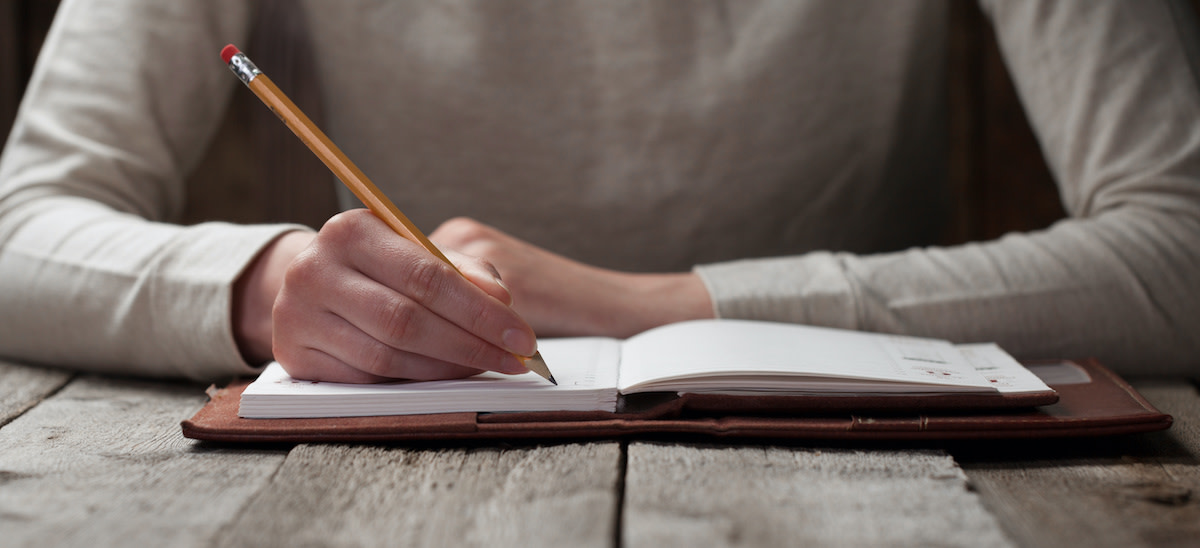How to Relax: 5 Easy Relaxation Techniques to Try Now
Written by MasterClass
Last updated: Jul 14, 2022 • 3 min read
Relaxation doesn’t come easily to everyone. However, with regular practice, you can develop a relaxation response to reduce your stress levels and quickly calm down in stressful situations. Read on to discover five easy relaxation techniques.
Learn From the Best
What Are Relaxation Techniques?
Relaxation techniques are exercises that counter the body’s stress response to provide effective stress relief. The body’s fight-or-flight response can help you make decisions and protect you from potential harm, but they can be challenging to turn off. Many relaxation techniques focus on calming the body to calm the mind. Deep breathing exercises, stretching, and aromatherapy can help lower your heart rate, blood pressure, and cortisol levels, making it easier to relax.
Why Is Relaxation Important?
Finding time for relaxation is vital to your physical and psychological well-being. Unmanaged stress can lead to an array of physical and mental health problems, including heart disease, a weakened immune system, high blood pressure, anxiety disorders, depression, or other disorders that can reduce your overall quality of life. Relaxation can help you recharge and better equip you to face stressors in your daily life.
5 Relaxation Techniques
Here are five relaxation exercises to help you improve your stress management. Start with deep breathing, then work your way down the list to find the techniques that work best for you:
- 1. Journal your thoughts. Journaling can improve your mental health—studies have shown that people who journal about their problems can reduce their overall anxiety levels. Learn how to start and keep a journal.
- 2. Perform a body scan meditation. Body scanning is a form of mindfulness meditation that helps you anchor your mind and body in the present moment. To perform a body scan meditation, close your eyes and rest your hands gently on your knees. Keep your feet firmly on the ground. Take a deep breath and close your eyes. Begin by visualizing a ray of light moving down your body—starting at the top of your head and slowly making its way down to your toes. Scan slowly, allowing your mind to visualize each part of your body before moving on. Continue to breathe normally, taking a deep breath whenever you find your mind wandering.
- 3. Practice deep breathing exercises. Also known as belly breathing or abdominal breathing, diaphragmatic breathing helps deactivate fight-or-flight mode and regulates stress levels. This breathing technique stimulates the vagus nerve, which has a calming effect on your whole body. Place your left hand on your sternum and your right hand on your belly as you sit or lie down. Inhale deeply, filling your stomach, rib cage, and upper chest. Exhale slowly. Repeat this diaphragmatic breathing pattern until your stress-related symptoms subside.
- 4. Release muscle tension. Progressive muscle relaxation is an effective technique for relaxing muscle groups throughout the body. It involves tensing parts of your body as you take a deep breath in and releasing the tension as you let the breath out. Take a deep breath and tighten your hands for four to ten seconds. Slowly let your breath out and relieve the tension in your hands. Pause for ten seconds before moving on to the next muscle group. Repeat until you feel relaxed.
- 5. Try aromatherapy. Aromatherapy is a traditional medicine that involves inhaling scents to help improve your mental wellness. Although its effects are not scientifically proven, many people claim that essential oils help provide effective stress relief. Scents such as lavender, chamomile, and sandalwood produce a calming effect in some people.
3 Helpful Tips for Developing Relaxation Strategies
The busyness of life can make it challenging to find time for relaxation exercises. Consider the following tips for cultivating a more relaxing lifestyle:
- 1. Limit scrolling. Digital devices offer a distraction from daily life, but they can also exacerbate stress. Copiously scrolling social media apps can take you out of the present moment and cause you to fixate on stressors. Limit the amount of daily time spent on your phone or computer.
- 2. Schedule alone time. Spending time with family and friends is essential to a healthy lifestyle. However, you may find it hard to take time for yourself without proper boundaries. Schedule blocks of alone time, and write them in your calendar. Spend this time practicing self-care or stress-reduction exercises.
- 3. Talk to a mental health professional. A mental health professional, such as a therapist, counselor, or life coach, can help you take stock of the things that stress you out and provide practical advice to help you feel more at peace.
Want to Learn Even More About Cultivating a Mindfulness Practice?
Find something comfortable to sit or lie on, grab a MasterClass Annual Membership, and dial into the present moment with Jon Kabat-Zinn, the father of the Western mindfulness movement. From formal meditation exercises to examinations of the science behind mindfulness, Jon will prepare you for the most important practice of them all: life itself.
